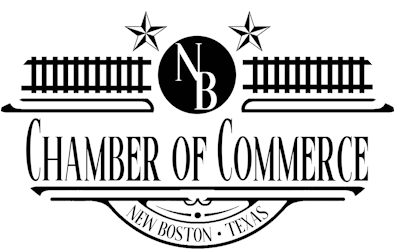Web Page Basics
Web Page Basics teach you how to know the rules of the search engines and score 100%. Let's face it, providing all this incredible internet search engine results instantly is quite a feat. To do this, the search engine companies - like Google, Yahoo and Bing probably have a measurable "system" to determine what they will display, based on what you provide them within the website structure.
Well, the more accurate and precise you are in your website page basics, the better the search engines will like you and therefore "score" you higher. That 100% "score" means you will probably appear on page 1 of the search engine results pages - rather than page 51.
Web Page Basics - Video Snippets
These 2 videos feature Bernie Martin speaking at a Business Seminar about this topic. The first video discusses picking the right page names for your URL extensions (Tier II or sub-pages). Assuming you've done some very good keyword phrase research, you will learn what words and phrases are used to find your particular niche business.
When selecting that URL page name, it must be very concise and as short as possible. A URL page name beyond 4-5 words is very difficult to get cataloged correctly! The first video explains how that works.
The second video addresses some core basics that are necessary on each website - yet forgotten or not known? That deals with your Footer, Privacy Policy statement page, Copyright dating and links.
Links are their own world of discussion. However, you'll want at least 3 types of links on every page. Those going "off page" to another site (in a new browser window), links coming back to the page from a different website. Lastly, are returning links to a page within your website (called Breadcrumbs). These are used at the top of each page to help you get back to where ever you came from within the original website - nobody, including search engine robots like dead end streets!

Web page basics are just that. Having excellent content, pictures and even Titles, etc. are very helpful - but not at the expense of ignoring the search engine requirements of Footers, Privacy Policy statements, Titles, 400 words of content, etc.
Think of it this way - wouldn't you be disappointed if you went to your favorite artists concert to have the sound system fail and you couldn't hear the music or singing. Search engines think the same way - they want it all in a very organized fashion - period!
Questions? Or need help?? Contact Me






